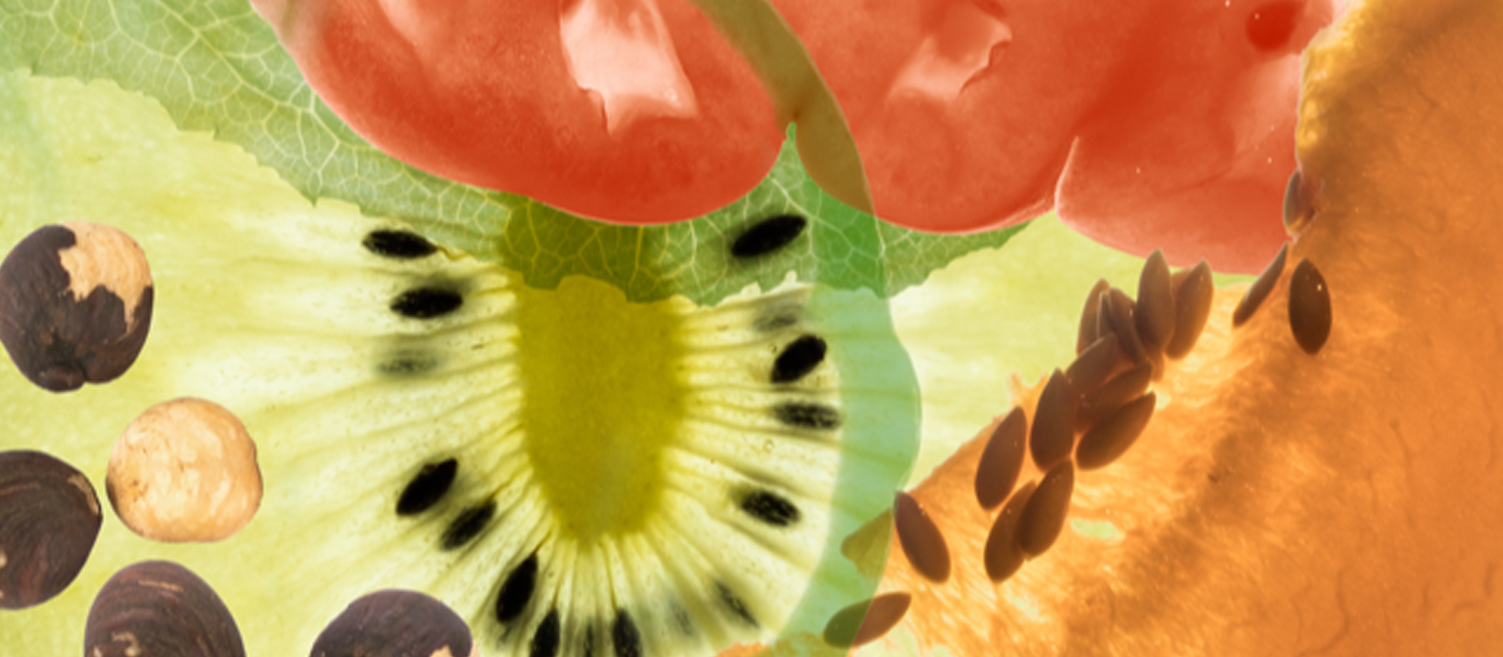
The lack of food, its poor quality and the presence of toxic substances have severe implications on human health and the planet’s sustainability, thus pushing societies to face a new challenge: accelerating the transition to agro-ecological, diversified, resilient and fair food systems. Within this framework, making quality food accessible to the entire population becomes urgent, particularly for groups in more vulnerable situations.
This global challenge initiates paying attention to the situations experienced by a specific collective to gain a deeper understanding of the causes, interlinkages and employed strategies. The goal of this needs analysis is to present effective, efficient and fair solutions. This is why we start focusing on women: for both their role in the family environment and, especially, for their power of action.
Being food related to a wide range of fields, players that are not used to working together need to be mobilised to develop new responses. Thus, the exploration of innovative, scalable solutions to the challenge takes place within La Mesa social lab.
Alongside the collective intelligence process promoted in La Mesa, participants identified and prioritised several action areas with a potential to transform access to sustainable food for women: community and self-governance; empowerment; cultural change and education; information and narratives; and changes in public policy.